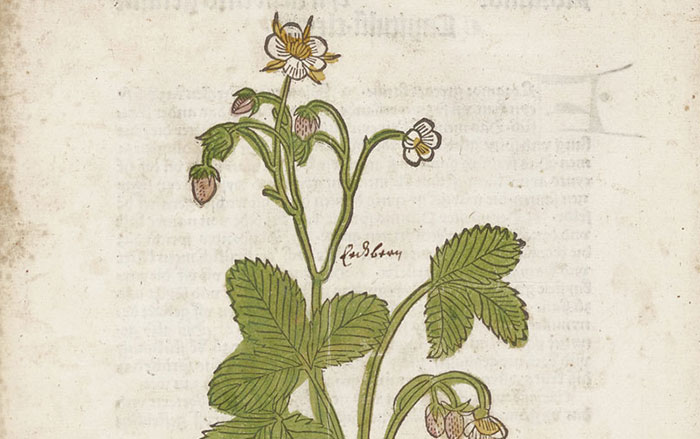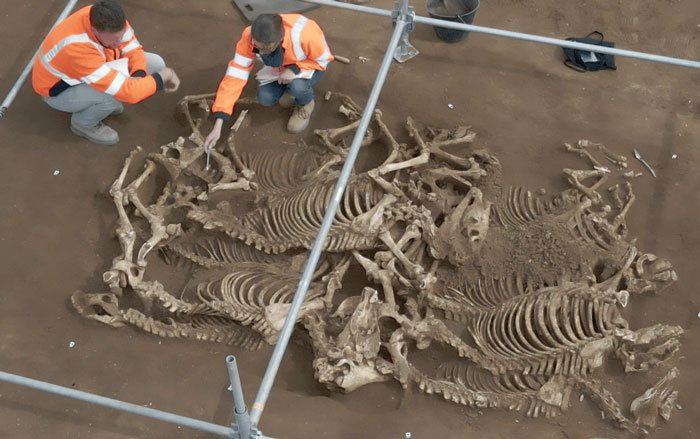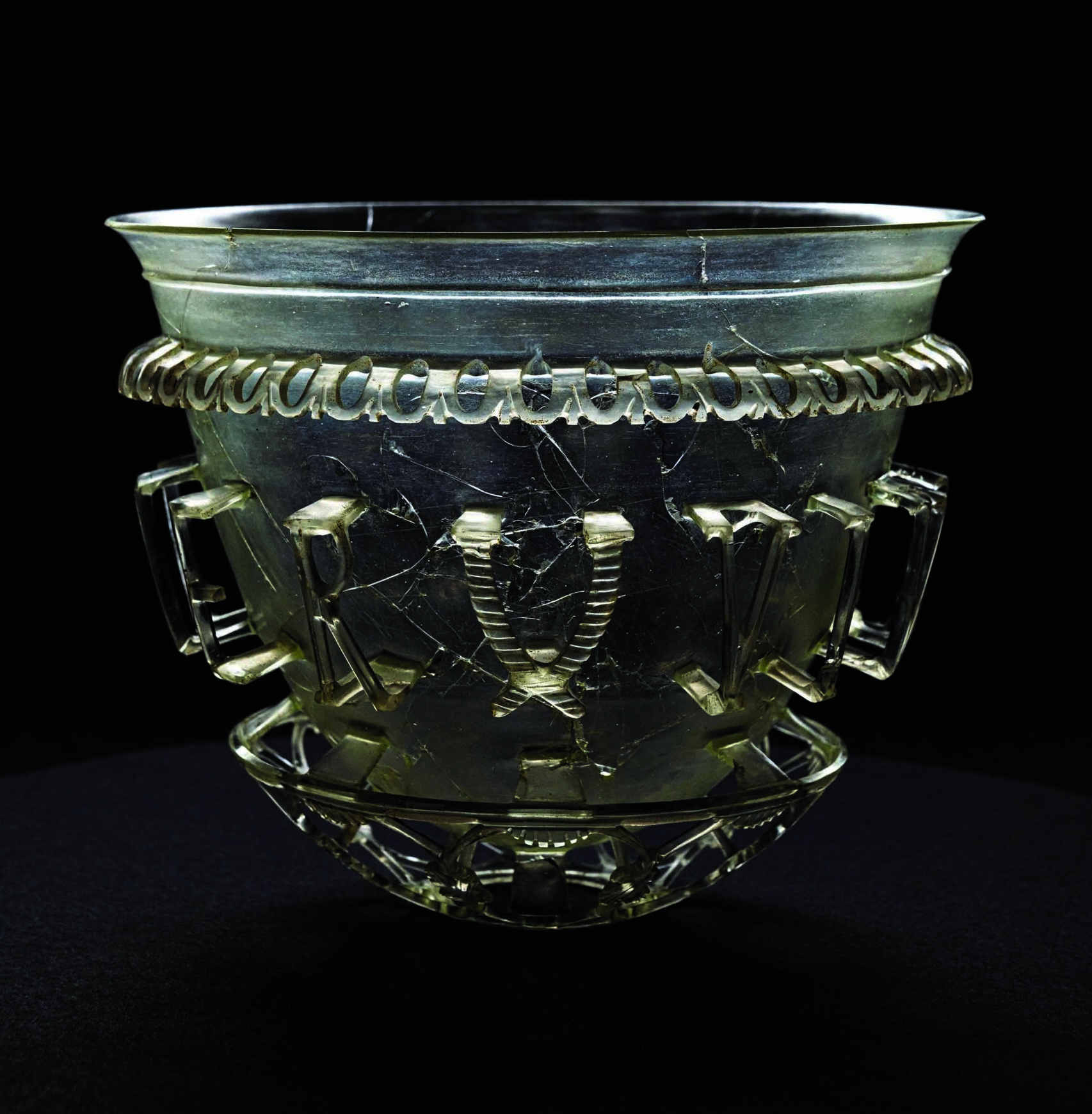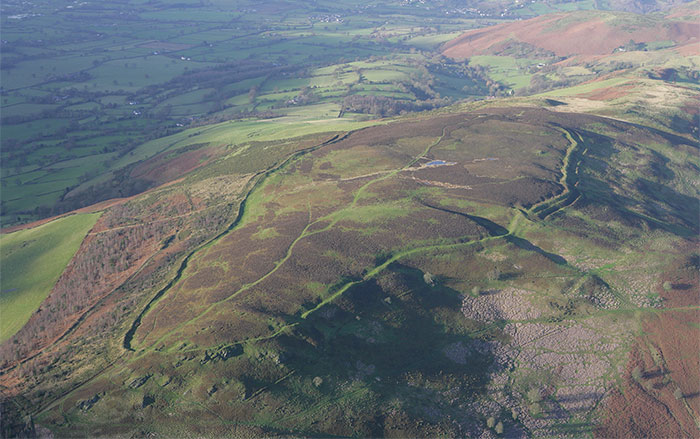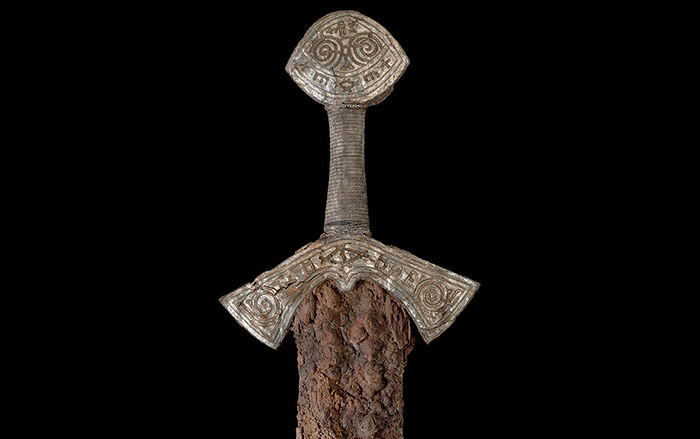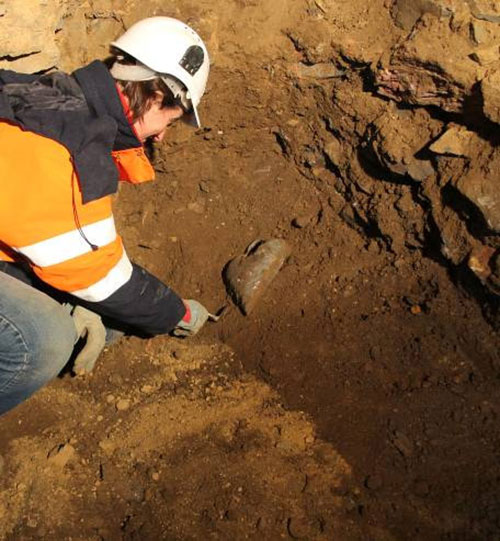
CHICAGO, ILLINOIS—Excavation of the basement of the Convent of the Jacobins in Rennes, France, yielded several elite burial vaults from the late sixteenth or early seventeenth century, and five heart-shaped lead urns, each of which contained a preserved human heart. After embalming materials were removed from the hearts and they were rehydrated, the organs were studied by a team of researchers who also used MRI and CT technology to create images of them. One heart showed no signs of disease, and another one was too poorly preserved to be studied. “Since four of the five hearts were very well preserved, we were able to see signs of present-day heart conditions, such as plaque and atherosclerosis, [in three of the hearts],” radiologist Fatima-Zohra Mokrane of the University Hospital of Toulouse said in a press release. To read more about the heart burials in Rennes, go to "For the Love of a Noblewoman."


